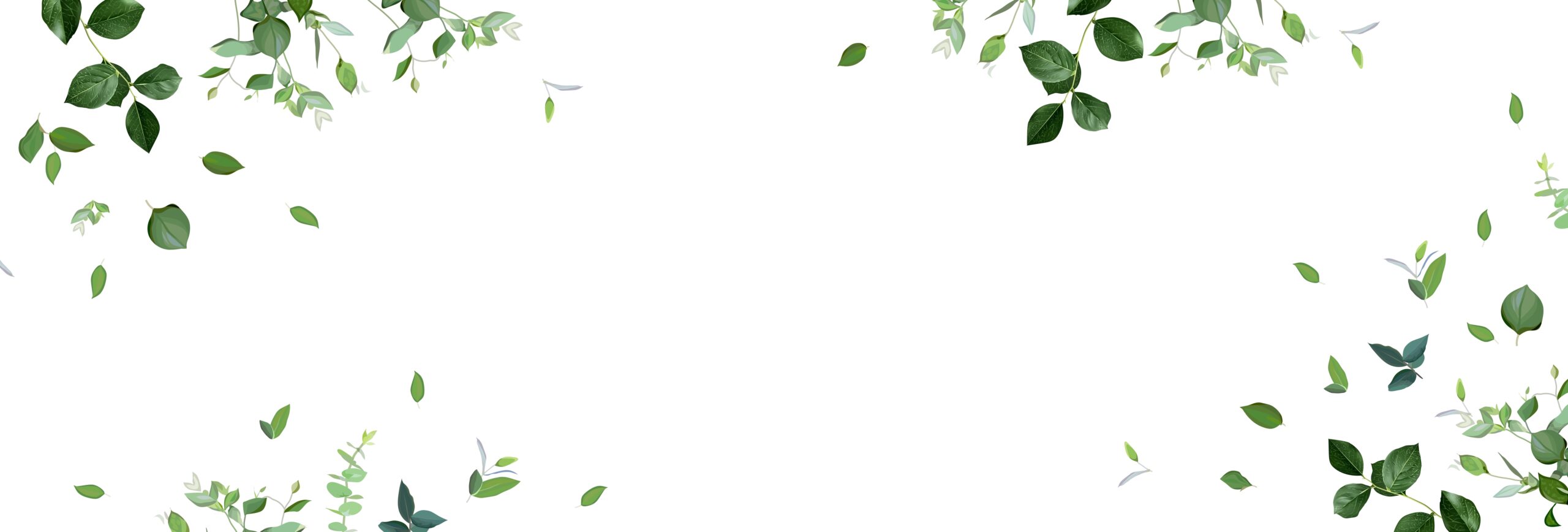Your cart is currently empty!

Organic Farming
The need to conserve resources on earth has become a necessity, and the integration of sustainable agriculture is so inherently relevant. According to the Department of Agriculture and Environmental Science sustainable agriculture integrates the disciplines of food security, nutrient cycling, water quality and supply, soil health, energy efficiency, pest control, breeding, animal and plant physiology, and ecology. Organic agriculture is the most important farming system for our ingredients. It is a management system that avoids use of synthetic pesticides, inorganic fertilizers, and genetically modified organisms. This practice ensures the reduction of pollution in the air, soil, and water. Organic farming methods and the consumption of organic foods allows for the optimization of health and productivity interdependent communities of plants, animals, and humans.


Education
We want to educate our customers about healthy living and healthy foods. That is why we have dedicated resources to continuing education and educational initiatives by collaborating with strategic partners to organize community events to inform consumers with information and access to healthcare. In addition, our Food Science Initiative program was implemented to support dietitians and nutritionist with developing and focusing on dietary plans and schedules that incorporate organic whole foods for private and governmental institutions.


Environment
Our primary and secondary packaging contributes to the reduction of waste and recyclability. We use kraft cartons to protect our glass containers which both in turn could be recycled and used again. Limiting or eliminating altogether the use of unrecyclable material will help sustain our planet. What is supposed to be recycled just ends up in our oceans or creates heaps in wastes zones disrupting animal habitat and marine life.
Glass Vs. Other Material
Drinking out of glass is better than other material and here are a few reasons why you should chose one as opposed to the other:
Glass protects drinks from oxygen, which can cause them to go stale. Glass is non-reactive and doesn’t leach harmful chemicals or toxins into the liquid, which makes it safer than plastic or metal cans that infuse chemicals like BPA. Glass is naturally made from sand, limestone, and soda ash making it a renewable resource. Glass doesn’t absorb odor or flavors and it is 100% recyclable contributing to waste reduction.

And the Creator took the man, and put him into the Garden of Eden to dress it up and to keep it.
